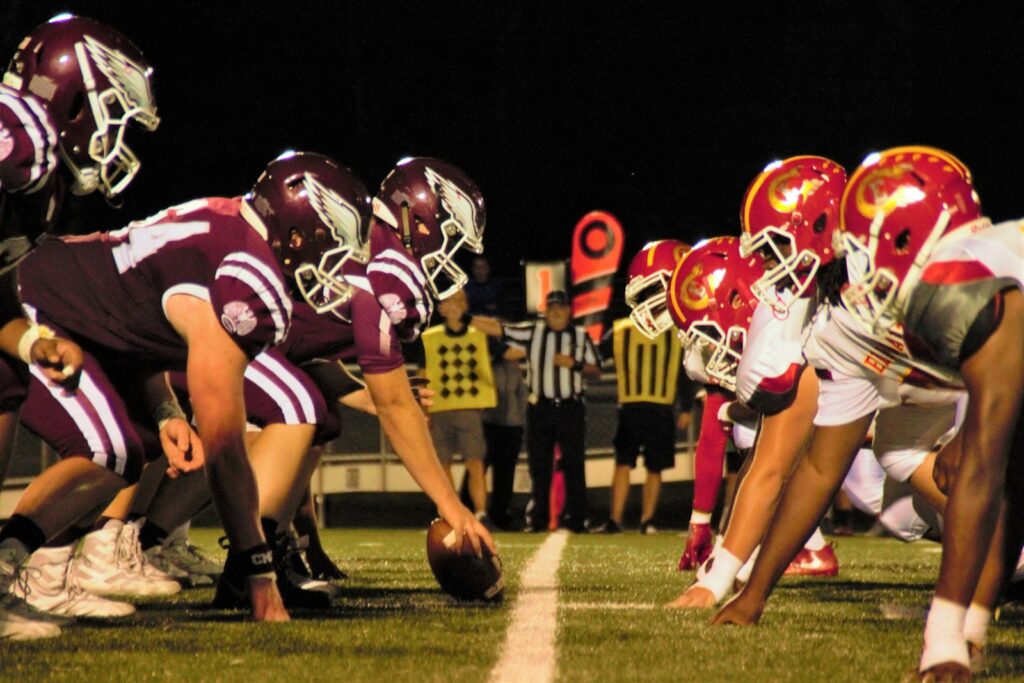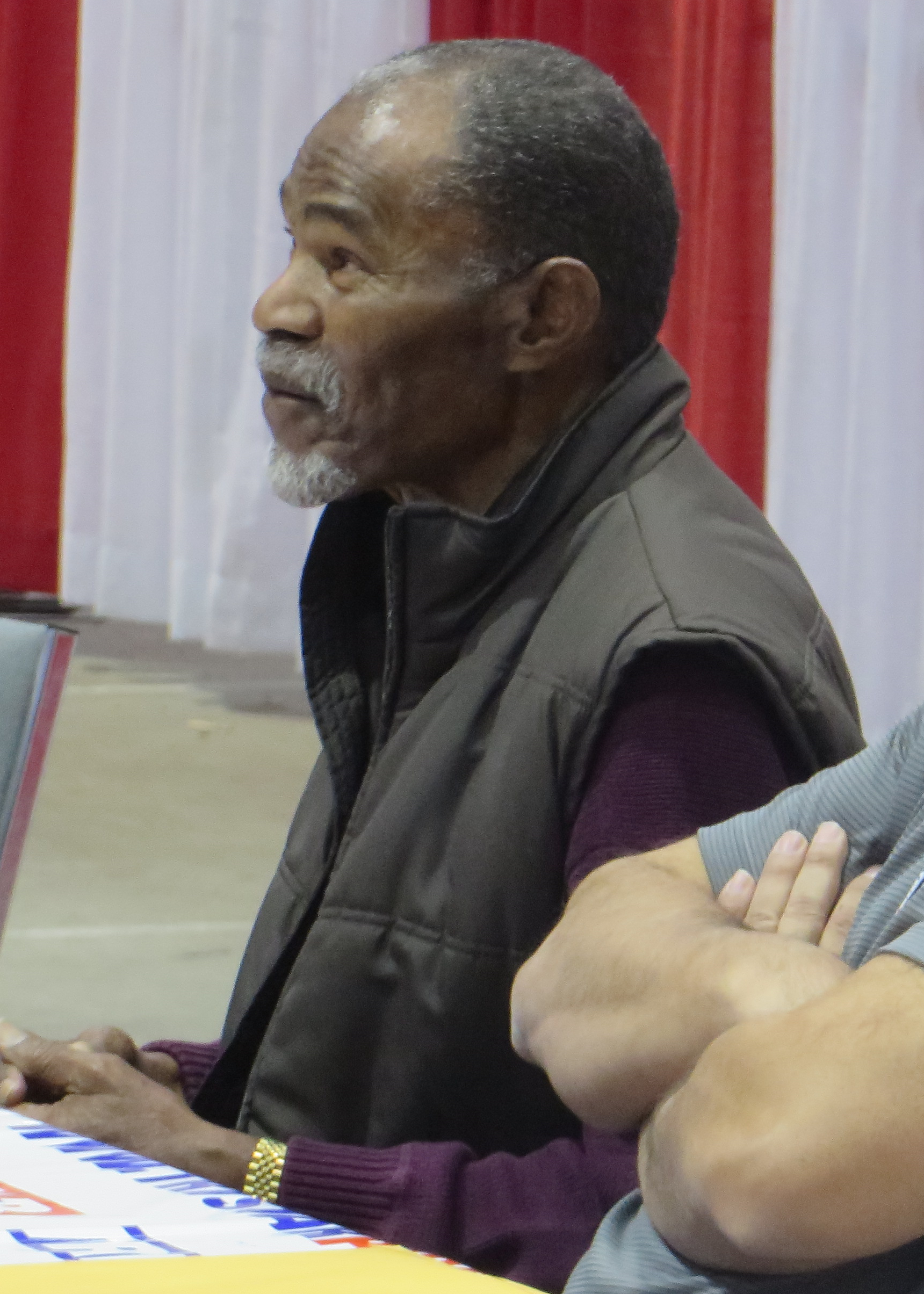
The football world mourns the loss of a true legend, James Earl Johnson, widely known as Jimmy Johnson, who passed away on May 8, 2024, at the age of 86. Hailing from Dallas and raised in Kingsburg, California, Johnson carved out an indelible legacy as one of the most remarkable and respected cornerbacks to ever grace the National Football League. His journey from a multi-sport collegiate star to a Pro Football Hall of Famer is a testament to his immense talent, unwavering dedication, and profound impact on the game.
Johnson’s passing in California’s San Francisco Bay Area marks the end of an era for the sport, particularly for the San Francisco 49ers, the only professional team he ever played for. His story is one of versatility, quiet dominance, and an unyielding commitment to excellence, which earned him a revered place in football history and the hearts of fans and peers alike.
Born on March 31, 1938, in Dallas, Johnson’s family relocated to central California during his boyhood, where he attended Kingsburg High School in Fresno County. It was here that the seeds of his athletic prowess were first sown, blossoming across multiple sports. He was not alone in his athletic pursuits; his older brother, Rafer Johnson, was a multi-sport phenom who preceded him at Kingsburg High School and UCLA.
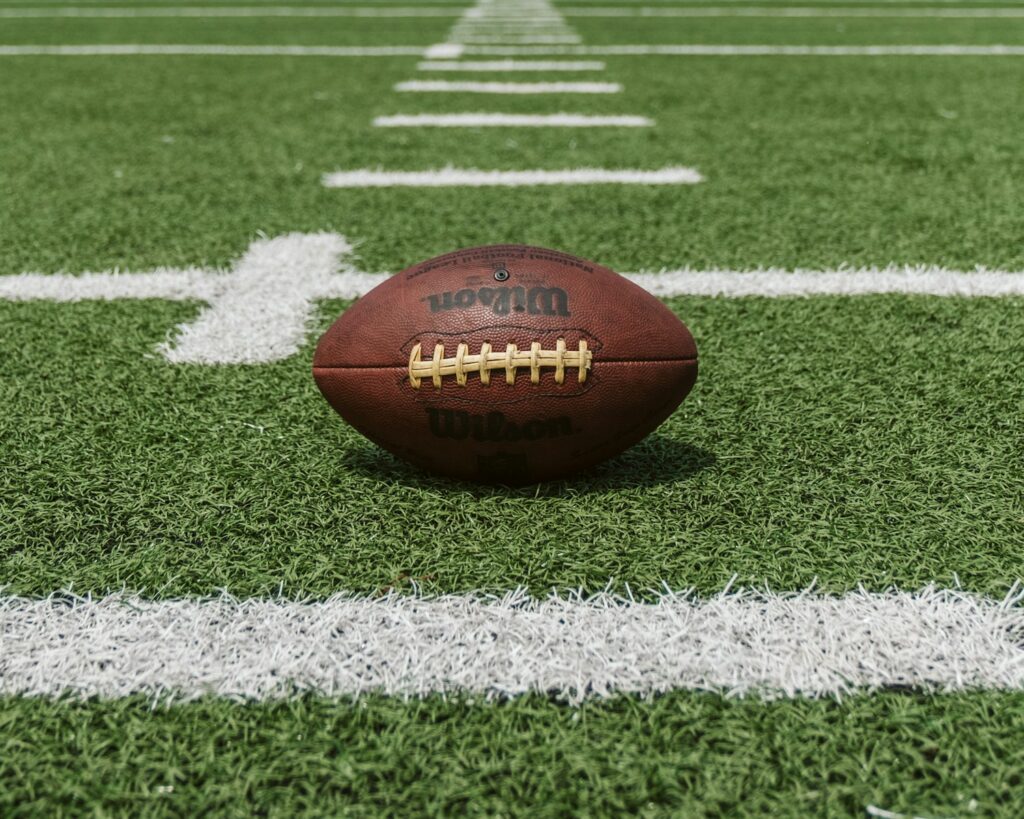
Rafer Johnson’s Enduring Influence and Jimmy Johnson’s Path to Professional Football
Rafer Johnson, a towering figure in the sports world, secured the decathlon gold medal at the 1960 Summer Olympics, serving as a profound source of inspiration throughout Jimmy Johnson’s life. Jimmy often reflected on the significant impact his brother had on his athletic journey, acknowledging Rafer as both his hero and his guiding influence.
Jimmy Johnson’s collegiate career began at Santa Monica College, where he played for the Santa Monica Corsairs football team in 1957 and 1958. Demonstrating considerable talent, he transferred to the University of California, Los Angeles (UCLA), where he emerged as a versatile player for the UCLA Bruins football team, excelling in roles as both a wingback and a cornerback.
Between 1959 and 1960, Johnson accumulated an impressive 812 yards from scrimmage, highlighting his offensive prowess. In addition to football, he distinguished himself in track and field, capturing the NCAA 110-meter hurdles championship and earning All-American honors. His athleticism was further exemplified by a notable 25-foot long jump, reflecting exceptional speed and leaping ability.
As his collegiate career concluded, Johnson became a highly sought-after athlete. The San Francisco 49ers selected him in the first round as the sixth overall pick of the 1961 NFL draft. Concurrently, the San Diego Chargers of the American Football League chose him in the fourth round, 32nd overall, underscoring his recognized talent across both leagues.
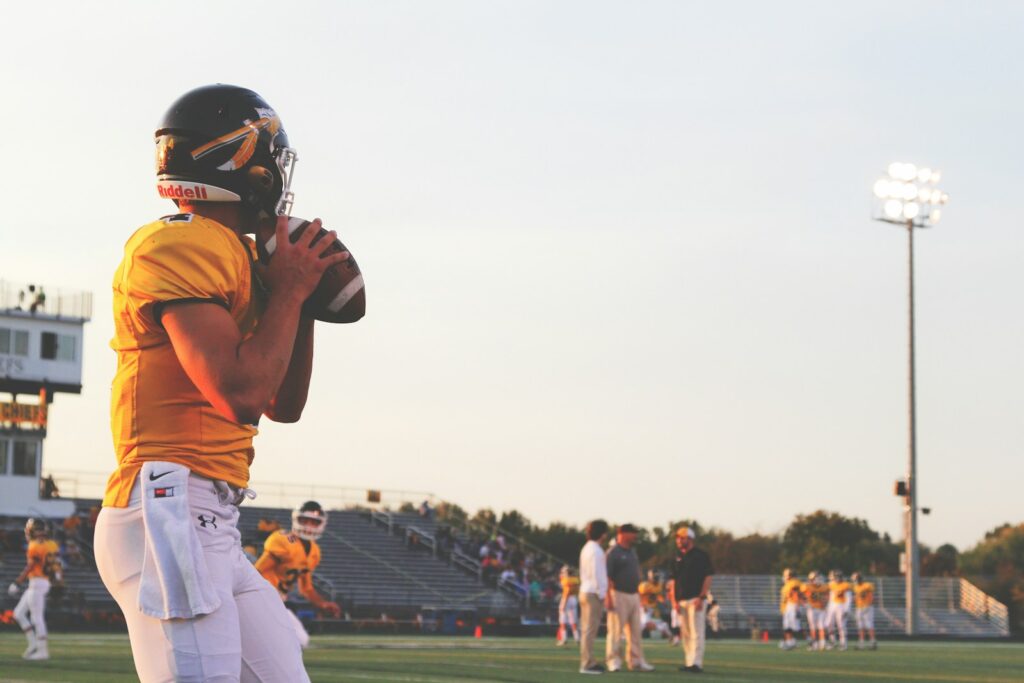
Jimmy Johnson’s Early NFL Career: Defensive Excellence and Offensive Breakthrough
In June 1961, Johnson signed with the San Francisco 49ers, marking the beginning of a partnership that would shape his professional career. During his rookie season, he appeared in 12 games as a cornerback, recording five interceptions and accumulating a career-high 116 return yards, which highlighted his defensive capabilities.
Recognizing his versatility, the 49ers shifted Johnson to the flanker position in 1962, where he continued to demonstrate his offensive talents. That season, he caught 34 passes for 626 yards and scored four touchdowns, showcasing his ability to contribute significantly on both sides of the ball.
Among his most remarkable offensive performances was a game against the Detroit Lions, where he secured 11 receptions for 181 yards. Earlier in the same season, Johnson made an 80-yard touchdown catch against the Chicago Bears, which at the time was the longest scoring reception in 49ers history. These achievements solidified his reputation as a formidable offensive weapon.
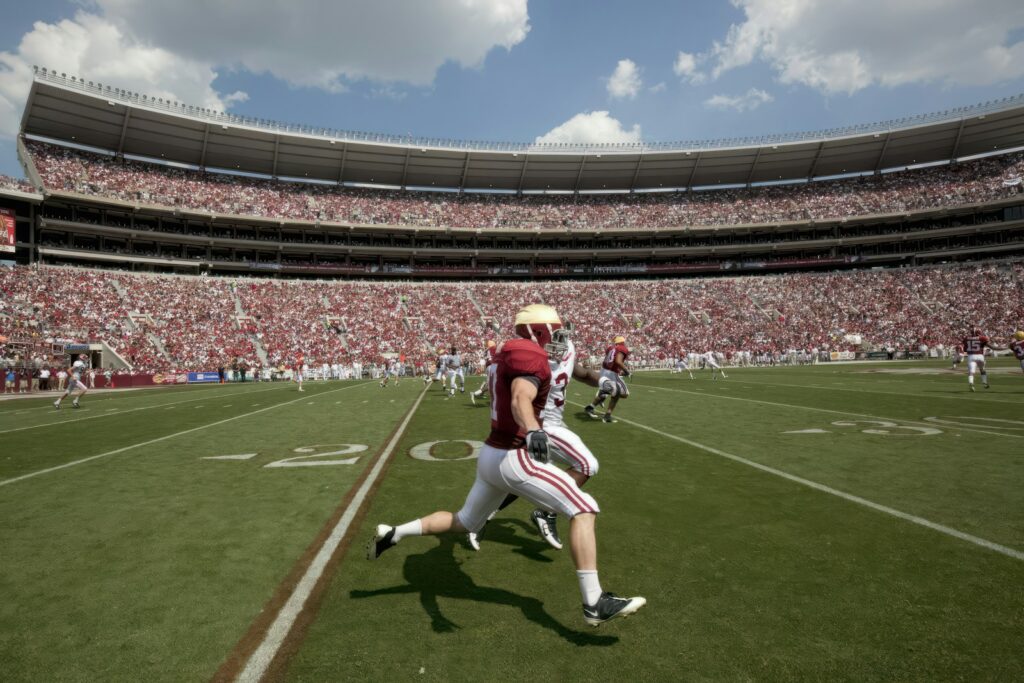
Jimmy Johnson: The Lockdown Cornerback Who Defined Defensive Excellence
By 1963, Johnson returned exclusively to defense and, from 1964 onward, he played primarily at cornerback for the remainder of his career. This transition cemented his status as one of the greatest defensive players in the history of the game, anchoring the San Francisco 49ers’ secondary for an extraordinary 16 seasons, through 1976. He appeared in 213 NFL games, an impressive testament to his durability, making him the franchise’s all-time leader in games played at the time of his retirement.
Throughout his distinguished 16-year NFL tenure, Johnson recorded 47 interceptions, returning them for 615 yards and two touchdowns. However, these statistics only partially capture his impact. His true value lay in his unparalleled ability to shut down one side of the field, earning him the nickname “lockdown” cornerback. Opposing quarterbacks frequently avoided targeting his coverage entirely.
Jim Porter, President of the Pro Football Hall of Fame, described Johnson’s unique talent: “Jimmy Johnson possessed extraordinary athleticism. The 49ers utilized him on both offense and defense early in his career to address team needs. Settling into the left cornerback position, he thrived. The idea that a ‘lockdown’ cornerback could effectively halve the field for the opposition was embodied by Jimmy. Other teams’ quarterbacks rarely challenged him, often regretting the decision when they did.”
This view was shared by peers who faced him on the field. Legendary San Francisco quarterback John Brodie observed, “Jim receives little publicity because opponents avoid him as much as possible. Veteran quarterbacks such as John Unitas and Bart Starr have admitted they call few pass plays in Johnson’s area. The reason he does not lead the league in interceptions is simply because he is rarely targeted.” Even the iconic Joe Namath acknowledged, “Why would I want to throw a pass where I only have a 50-50 chance of success?”

Honors and Lasting Impact on the NFL
Johnson’s dominance earned widespread recognition from both his peers and the league. He was named a first-team All-Pro on four occasions: in 1969 (AP, UPI), 1970 (AP, NEA, Pro Football Writers, Pro Football Weekly), 1971 (AP, NEA, Pro Football Writers, Pro Football Weekly), and 1972 (AP, NEA, Pro Football Writers, Pro Football Weekly). Additionally, he received five Pro Bowl selections, participating in the all-star games consecutively from 1969 to 1972 and again in 1974.
His standing among the sport’s elite was further affirmed in 1980, when he and Willie Brown were named as the starting cornerbacks on the NFL 1970s All-Decade Team. These honors reflect his sustained excellence and the profound respect he earned throughout his career, often regarded as one of the finest man-to-man defenders in the history of the game.
Beyond league-wide accolades, Johnson received special recognition from his own team. In 1977, just one year after his retirement, the San Francisco 49ers retired his jersey number 37 during a commemorative Monday night event titled “Jimmy Johnson Night at Candlestick Park.” This rare distinction underscored his significant and lasting impact on the franchise.

Recognition and Reflection: Jimmy Johnson’s Honors and Hall of Fame Induction
Johnson’s contributions were deeply valued by his teammates, who honored him twice with the Len Eshmont Award in 1969 and 1975. This award, regarded as the San Francisco 49ers’ most prestigious, is voted on by players and presented to a teammate who exemplifies courageous and inspirational play, underscoring the profound respect Johnson commanded within the locker room.
His remarkable career culminated with his induction into the Pro Football Hall of Fame in 1994, an achievement he received with heartfelt humility and astonishment. Reflecting on this milestone in an interview with The Fresno Bee, he stated, “I’m still in a state of disbelief. Nothing in my athletic career has come easy. You look at the dream, you look at the rainbow, and you hope you can get to that pot of gold. I didn’t believe it until I received the phone call.”
During his enshrinement ceremony in Canton, Ohio, Johnson delivered a memorable speech reflecting on his journey and relentless pursuit of excellence. He remarked, “You have to be worked on, cornered in and cornered out to become as good as you can be. So actually I feel standing here today that I never reached that level, I never reached as good a football player as I could be.” Nevertheless, he acknowledged, “But thanks to God and inner talent I was able to present a picture to those individuals who were voting for the Hall of Fame and my longevity and the level of game that I played from my rookie season to my last. That on this wondrous year of 1994 I’ve been given the opportunity, the glorious opportunity, to become a member of the most wonderful society: the National Football League Hall of Fame.”

Brotherly Inspiration: The Heartfelt Tribute at Jimmy Johnson’s Hall of Fame Induction
A particularly moving moment during Jimmy Johnson’s Hall of Fame induction was when his brother, Rafer Johnson, served as his presenter. Jimmy expressed profound gratitude for Rafer’s pivotal role in his life and career, highlighting the deep bond they shared. He stated, “Rafer Johnson is in fact my hero and that is an amazing thing in itself.”
He elaborated on the unique privilege of having his hero under the same roof: “Most young men growing up usually have a hero in another town, another city, another country, and they write to this individual, receive an autographed photo, then display that photo on the wall, drawing inspiration from it. I had no such distance. I had a brother living with me daily whom I could talk to, ask important questions, receive valuable feedback, and be guided when necessary. I must give brother Rafer credit for everything I have accomplished in athletics. I just wish we could split this trophy, this bust of myself, right down the middle because he surely deserves half of it.”
This deep admiration for his brother was a recurring theme throughout Johnson’s life. In a 1994 interview with The Fresno Bee, he reflected, “I have gained more from being Rafer’s brother than I can express. He has been my shining light, the person I have always looked up to. Most people, if they want an autograph from their sports hero, must send away for it. I had my hero living with me.” These words illustrate a relationship founded on mutual respect and familial inspiration.
A Pillar of the 49ers Defense and Defensive Back Evolution
Jimmy Johnson’s influence extended far beyond his personal statistics and awards. For nearly two decades, he was a cornerstone of the San Francisco 49ers defense, embodying the franchise’s spirit even though the team did not secure a championship during his tenure. Throughout the 1980s, he was consistently regarded as a Hall of Fame finalist, reflecting the high esteem in which voters held him despite the final induction taking time.
Upon news of his passing, the 49ers organization released a heartfelt statement: “Jimmy embodied the essence of what it meant to be a 49er. He was the ultimate gentleman and will be remembered for his humility, kindness, and lovable demeanor. We send our condolences to his wife Gisela and his entire family during this difficult time.” These words highlight not only his athletic prowess but also his remarkable character.
Known as the “lonesome cornerback,” Johnson transformed the role of defensive backs by forcing quarterbacks to avoid his side of the field altogether. He was a dominant man-to-man defender well before Deion Sanders, “Prime Time,” entered the NFL, setting a standard for excellence in coverage. His legacy persists in modern football, where teams continue to seek players capable of neutralizing an opponent’s passing game with similar effectiveness.

In addition to his enshrinement in the Pro Football Hall of Fame, Jimmy Johnson’s remarkable career was commemorated through a series of prestigious honors. He was inducted into the Fresno Athletic Hall of Fame in 1978, the Bay Area Sports Hall of Fame in 1990, and the UCLA Athletics Hall of Fame in 1992. In 2009, he was named among the inaugural inductees of the San Francisco 49ers Hall of Fame, further affirming his place as one of the most iconic figures in franchise history.
Johnson was an athlete ahead of his era—a versatile talent who transitioned with exceptional ease between offense and defense before establishing himself as a trailblazing cornerback. His career reflected quiet determination, technical brilliance, and unwavering professionalism. Though he is no longer with us, the legacy he leaves behind continues to shape the game. His influence endures as a model of excellence and integrity for generations of athletes to come.

